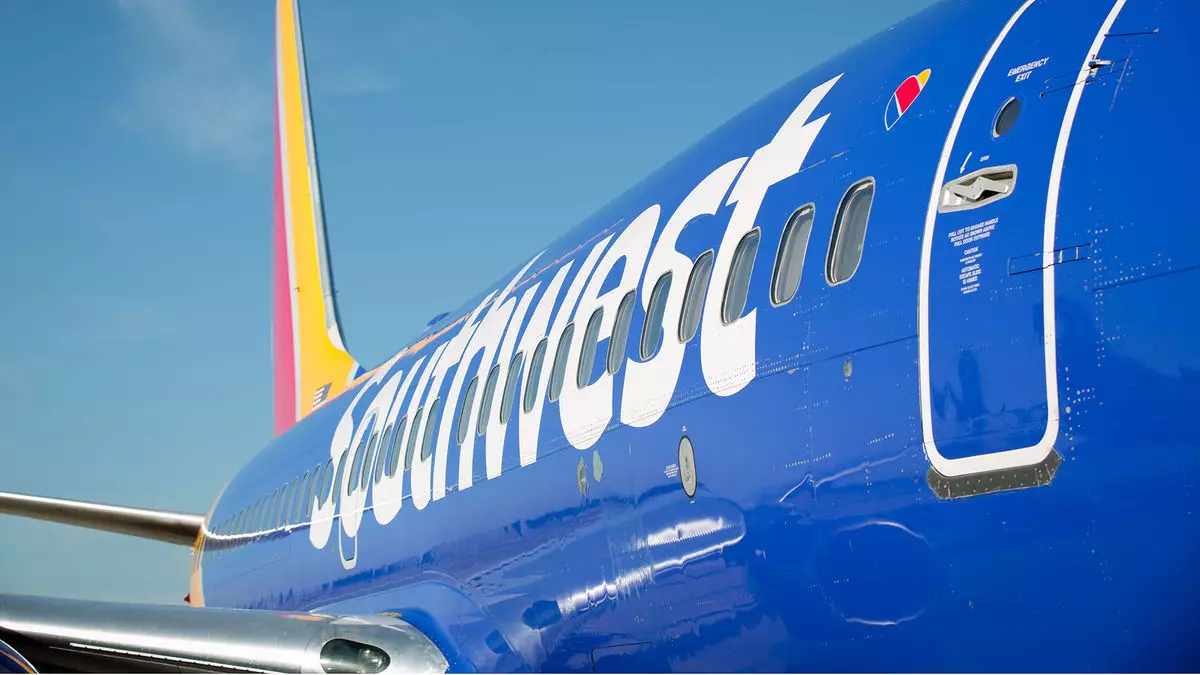The National Association to Advance Fat Acceptance (NAAFA) is taking a stand against Southwest Airlines’ decision to transition to assigned seating. This advocacy group, which focuses on improving conditions for plus-sized travelers, is pushing for the maintenance of Southwest’s Customer of Size policy. This policy allows passengers who encroach on a second seat to pay for two seats upfront and receive a refund for one seat after the flight. However, the policy also permits passengers to be accommodated at the gate free of charge if they prefer not to purchase an extra seat.
Southwest’s open-seating policy has been a game-changer for many travelers, especially those with accessibility needs. The ability to board early and choose a suitable seat has been crucial for passengers for whom airline aisles are too narrow. By allowing early boarding, Southwest has made it easier for individuals who require assistance to find seating near the front of the plane, eliminating the need to navigate through cramped spaces.
The transition to assigned seats poses a significant threat to the accessibility of airline travel for plus-sized and disabled passengers. NAAFA argues that without specific procedures that cater to the needs of customers of size and disabled individuals, accessibility will be severely limited under the new seating policy. If passengers are no longer able to secure front-row or easily accessible seats, it could create barriers to comfortable and stress-free travel for these groups.
In response to Southwest’s announcement, NAAFA has launched a petition urging the airline to maintain its Customer of Size policy and collaborate with advocacy groups representing plus-sized and disabled travelers. By working together with organizations like NAAFA, Southwest can ensure that the needs of all passengers are considered as the airline develops its new assigned seating policies. This partnership would not only benefit passengers but also demonstrate Southwest’s commitment to inclusivity and accessibility in air travel.

